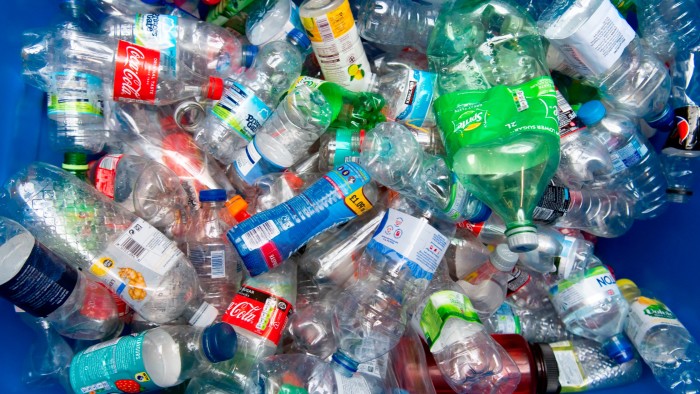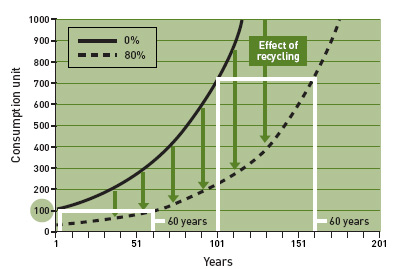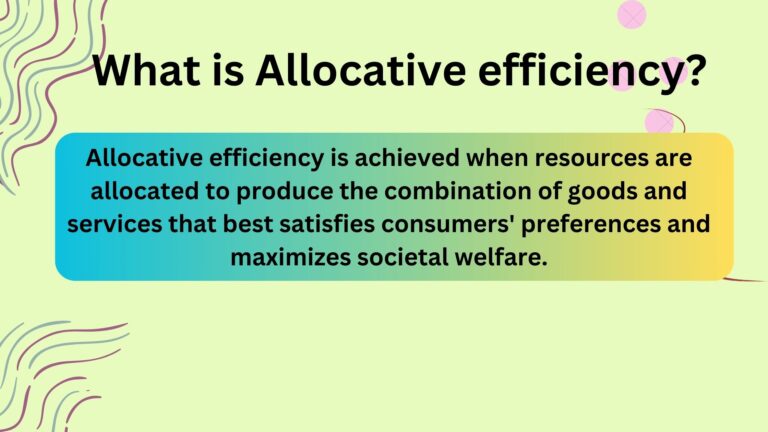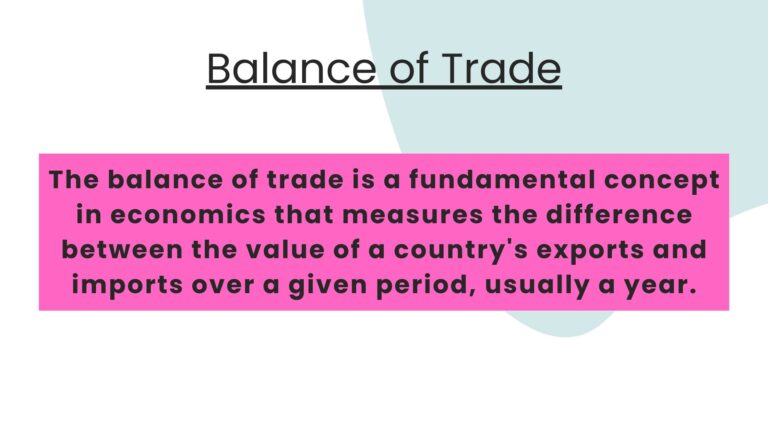Mastering the Art of Recycling of Water Bottle: 15 FAQs

Recycling of water bottle: In an era marked by growing environmental awareness and sustainability concerns, there is a need for effective recycling practices. Among the many items that clutter landfills and pollute oceans, plastic water bottles stand out as a ubiquitous yet particularly problematic contributor to environmental degradation. Individuals and communities can significantly mitigate their ecological footprint while contributing to a healthier planet.
Here we will see some Frequently Asked Questions (FAQs) on Recycling Water of Bottles.
1. What is recycling?
Recycling is the process of converting waste materials into new materials and objects. It is an essential aspect of sustainable living as it reduces the consumption of fresh raw materials, energy usage, air pollution, and water pollution.
2. Why is recycling water bottles important?
Recycling water bottles is crucial for several reasons. Firstly, it helps conserve natural resources such as oil, water, and minerals. Secondly, it reduces the energy required to produce new bottles. Thirdly, recycling minimizes the amount of waste sent to landfills, thus mitigating environmental pollution.
3. How are water bottles recycled?
- The recycling process begins with collection, where used water bottles are gathered from various sources such as recycling bins, waste collection centers, and landfills.
- The bottles are then sorted by type and color before being cleaned to remove any impurities. Next, they are shredded into small pieces and melted down to form pellets or flakes.
- These pellets are then used to manufacture new products such as bottles, containers, clothing fibers, and more.
4. What are the benefits of recycling water bottles?
Recycling water bottles offers numerous benefits, including:
- Conservation of natural resources
- Reduction of energy consumption
- Prevention of pollution
- Creation of job opportunities in the recycling industry
- Contribution to the circular economy

5. Can all types of water bottles be recycled?
Not all water bottles are recyclable. Most plastic water bottles are made from polyethylene terephthalate (PET) or high-density polyethylene (HDPE), which are widely recyclable. However, bottles made from other materials such as polycarbonate (PC) or polypropylene (PP) may not be accepted by all recycling facilities.
6. What should I do before recycling water bottles?
Before recycling water bottles, it’s essential to empty them of any remaining liquid and remove the caps and labels. Rinsing the bottles with water can also help prevent contamination.
7. Where can I recycle water bottles?
Water bottles can be recycled at various locations, including:
- Curbside recycling programs
- Recycling drop-off centers
- Retail stores with recycling programs
- Specialized recycling facilities
8. What happens to recycled water bottles?
Recycled water bottles can be used to manufacture a wide range of products, including new bottles, containers, polyester fibers for clothing, carpets, and more. By giving new life to these materials, the recycling process reduces the demand for virgin resources and minimizes environmental impact.
9. Are there any limitations to recycling water bottles?
While recycling water bottles is beneficial, it’s essential to recognize its limitations. For instance, the quality of recycled plastic may not always match that of virgin materials, leading to certain limitations in product applications. Additionally, not all communities have access to convenient recycling facilities, which can hinder recycling efforts.
10. How can I encourage others to recycle water bottles?
Encouraging others to recycle water bottles can be done through education, awareness campaigns, and leading by example. Sharing information about the environmental benefits of recycling, organizing community clean-up events, and providing easy access to recycling bins can all help promote recycling efforts.
11. What are some innovative recycling initiatives for water bottles?
Several innovative initiatives aim to improve the recycling of water bottles, including:
- Development of biodegradable and compostable plastics
- Implementation of advanced recycling technologies such as chemical recycling
- Integration of recycled materials into new product designs
- Adoption of extended producer responsibility (EPR) schemes to hold manufacturers accountable for recycling their products
12. How can I reduce my consumption of single-use water bottles?
Reducing consumption of single-use water bottles is essential for minimizing waste. Some tips for doing so include:
- Investing in a reusable water bottle and refilling it with tap water
- Installing a home water filtration system to improve water quality
- Choosing beverages in recyclable packaging when purchasing drinks on the go
- Supporting businesses and organizations that promote sustainable practices
13. What role do governments play in promoting water bottle recycling?
Governments play a crucial role in promoting water bottle recycling through legislation, regulation, and public policy initiatives. This may include implementing recycling mandates, providing funding for recycling infrastructure, offering incentives for recycling, and raising public awareness about the importance of recycling.
14. How does recycling water bottles contribute to a circular economy?
Recycling water bottles is a key component of the circular economy, where resources are used efficiently, waste is minimized, and products are designed for reuse and recycling. By closing the loop on materials like plastic bottles, recycling contributes to a more sustainable and environmentally friendly economic model.
15. What are some common misconceptions about recycling water bottles?
Some common misconceptions about recycling water bottles include:
- Believing that all plastic bottles are recyclable (some may not be accepted by recycling facilities)
- Assuming that recycling is the ultimate solution to waste management (reducing consumption and reusing items are also important)
- Overestimating the environmental benefits of recycling (while beneficial, recycling also requires energy and resources)
In conclusion: Recycling of Water Bottle
Recycling of water bottle plays a vital role in promoting environmental sustainability and reducing waste. By understanding the recycling process, supporting recycling initiatives, and adopting sustainable practices, individuals can contribute to a cleaner and healthier planet for future generations. Please comment us about the post Frequently Asked Questions (FAQ) on Recycling of Water Bottles.
Read Also:






![What is Miami Heat? History and Importance [2024]](https://anyfaq.org/wp-content/uploads/2024/04/What-is-Miami-Heat-768x432.jpg)